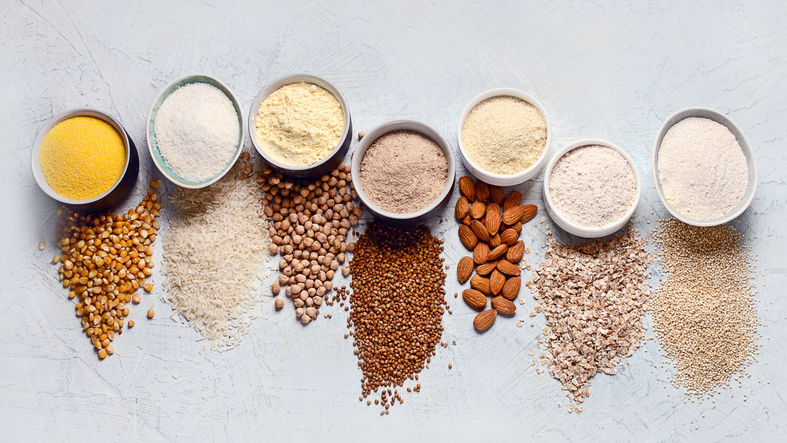
They may be small, but the proper inclusion of micro ingredients in a commercial baking recipe can have a mighty impact on the outcome of the final product. If the amount of required micro ingredients—such as salt, yeast, additives, colors, flavors, spices, shelf-life enhancers, and other additives—isn’t precise, the quality of the product will be negatively impacted.
By volume, micro ingredients typically represent less than 1% of a total recipe. For example, in a 1,000-pound dough, 2% would be 20 pounds. (Conversely, 1% of a 10,000-pound dough, would be 100 pounds—so even though it’s the smallest constituent of the recipe, at that volume it’s not a micro weighing task anymore.) In the bakery industry, therefore, a micro ingredient generally weighs between 0.25 pounds (113 grams) to 20 pounds (908 grams).
Because they are added to a mixer in such small amounts relative to the total batch, it is critical that micro ingredients be properly weighed. Further, as they are a part of a consumable good, it is important to capture any track and trace information associated with them, such as actual quantity, raw material batch used, and production lot codes.
Yet, because of their small proportion relative to the total recipe, it can be challenging to manually weigh them accurately and repeatedly—as well as to consistently document their addition—particularly in high volume production facilities mixing tens of thousands of pounds of ingredients daily. Conversely, smaller operations may find it difficult to cost-justify a fully automated system to handle their micro ingredient measuring.
Fortunately, there are several systems available that ensure these micro ingredients are accurately weighed and documented.
Componenters – These automated systems combine multiple hoppers. Dedicated micro scales can be used for each and, in some cases, a common mobile micro scale can be used depending on total number of ingredients in a given recipe and the batch frequency. Individual micro scales are each equipped with a load cell to automatically weigh and dispense the correct amount of one or more micro ingredients into separate containers (also called buckets). The containers are then transported to the mixer. Ideal for handling multiple micro ingredients in high batch frequency bakeries, they come in a variety of sizes to accommodate different volumes and different numbers of micro ingredients. Computer-controlled and networked to an overarching process management and visualization dashboard, track and trace data capture is documented automatically.
Automatic Operator-Guided Manual Weighing – Ideal for smaller scale operations, these scales, both fixed and portable, include a screen that directs an operator to measure out an ingredient to a target weight based on the recipe. A green light indicates the appropriate amount; any amount over or under the tolerance range for that measurement is indicated with a red light, prompting the operator to make the applicable adjustments. The weighing process is documented by the onboard computer system for track and trace purposes.
Robotic Weighing – Outfitted with a robotic arm, these fully automated systems are ideal for extremely high throughput, 24/7 production applications. Surrounded by a safety cage, a robotic weighing system ensures consistent measurement, dosing, and automatic documentation of track and trace information. Because they are isolated from personnel, they are particularly well suited for handling critical ingredients, or those that are possible allergens.
When considering these different types of micro ingredient weighing systems, it is important to look for equipment that is easy to dismantle for cleaning, service, and inspections. It is also critical to establish an appropriate calibration schedule that aligns to the frequency with which the equipment is used. As a general rule of thumb, high volume commercial bakeries using the equipment to make multiple batches daily should check their scales’ calibration at least monthly; lower volume operations may only need to verify calibration once or twice a year. Check with your equipment manufacturer for additional guidance on calibration frequency.
Need help figuring out which type of micro ingredient weighing system is the best choice for your commercial bakery? AZO’s experts are available to discuss your options. For more information, contact info-azo-usa@azo.com or call 901-794-9480.
Writing and research by:
Sara Pearson Specter, Marketing Mercenary LLC


